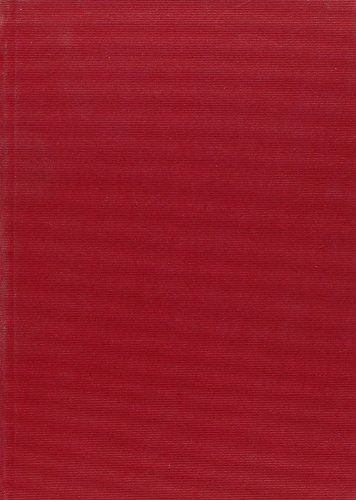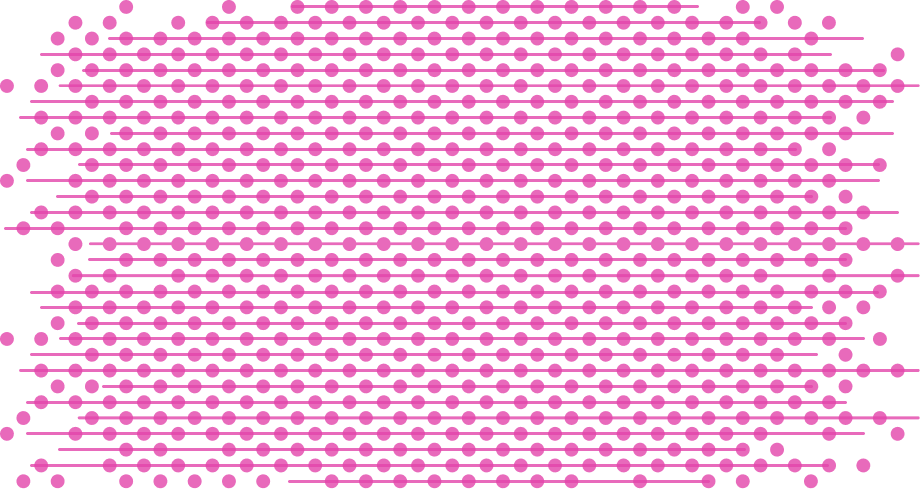

And in the modern workscape we desperately need people with the ability to see big picture solutions. They’ve been taught to focus so narrowly that they can’t look at a problem from different angles. The problem with deep specialization is that specialists tend to get stuck in their own points of view. The more deeply you specialize, the more money you’re likely to make.Īnd that’s fine. We live in an age where deep-specialization is highly encouraged - the era of what tech analyst Vinnie Mirchandani calls the “monomath.” Doctors specialize, lawyers specialize, academics specialize, mechanics specialize … just about everyone professionally specializes. So, why aren’t there more of us polymaths?
#Polymath career free
And these types of free online learning institutions are more the rule than the exception these days. And, most recently, MIT and Harvard teamed up to launch edX, a “planet-scale, technology-enabled” online education platform that offers college courses for free.
#Polymath career how to
My company iFixit teaches people how to repair their electronics - no prior experience necessary.

#Polymath career code
Sign into Google’s Code University to learn programming languages in the moments snatched during lunch breaks or while the baby’s napping. Khan Academy teaches people everything from beginning algebra to cosmology. iTunesU gives your everyday-Joe an opportunity to get a free, virtual Ivy-league education from his couch. Information is everywhere, and it’s often free. Polymath status is accessible to just about anyone with a modem, a library card, and the desire to learn. What’s more, in the digital age, learning has really never been easier - and not just for the “geniuses” that walk among us. You may not become Max Roach on the drums.


If you study it, and you put reasonable intelligence and reasonable energy, reasonable electricity to it, you can do that. “I think you can be a jack-of-all-trades and a mistress-of-all-trades. “It’s the stupidest thing I’ve ever heard,” Angelou said to the Smithsonian. If they are so foolish as to dabble instead of devoting themselves to a single calling, those unfortunates sometimes earn the time-dishonored label of “Jack of all trades, master of none.”īut why? What’s so wrong with trying to learn new things? Here’s what Maya Angelou - herself a polymath (poet, journalist, dancer) - has to say about the saying: Still, while we admire the select “geniuses” that can do it all, we tend to disparage the regular folk who attempt to spread their knowledge around a little. Think people like Leonardo da Vinci (artist and helicopter designer), Benjamin Franklin (founding father, inventor, and all-around lady-killer), Paul Robeson (scholar, athlete, actor, and civil rights activist), and even Steve Jobs (engineer, businessman extraordinaire, and marketing mastermind). In case you don’t have your pocket dictionary handy, a polymath is a person with a wide range of knowledge or learning. But the reason we don’t use the word much these days has less to do with vocabulary than it has to do with practicality: there aren’t a lot of polymaths around anymore. Polymath is one of those words more likely to show up on the SAT than in everyday conversation.


 0 kommentar(er)
0 kommentar(er)
